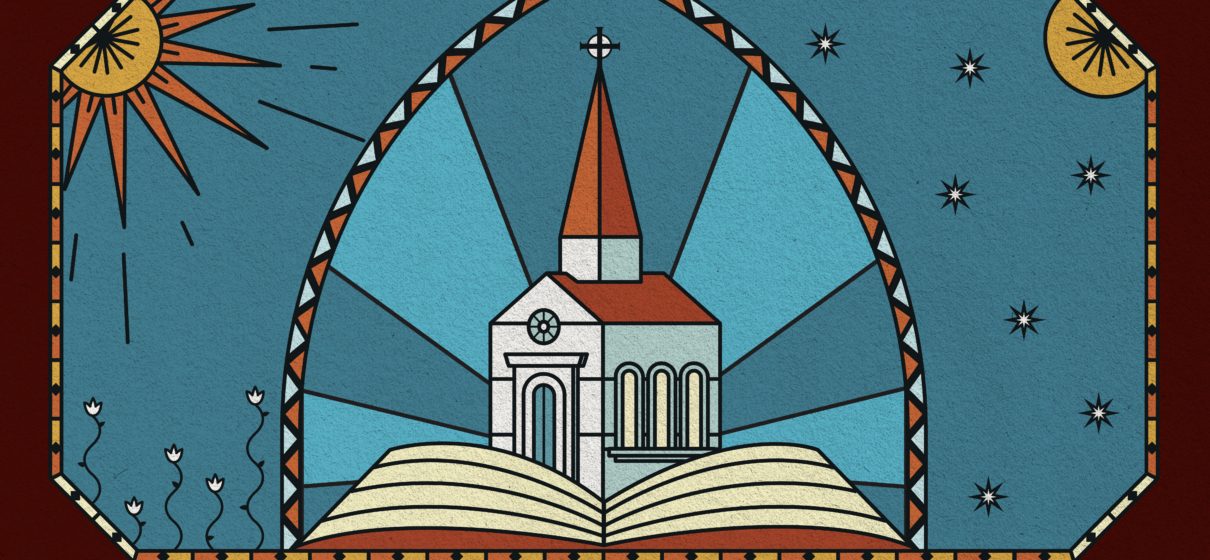206: Can Anyone Really Understand the Bible? (A Closer Look at 2 Peter 3:14-18)
So many Christians have a deep desire to study the Bible, but find themselves confused or frustrated along the way.
In this episode, Tanner Smith, Aaron Chester, and Tiffany Ravedutti get practical about if its really possible to understand the Bible, and if so, how to do it.





